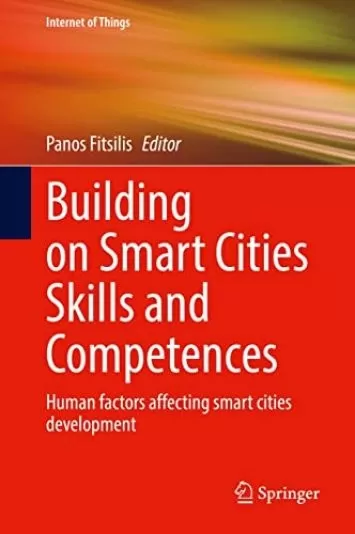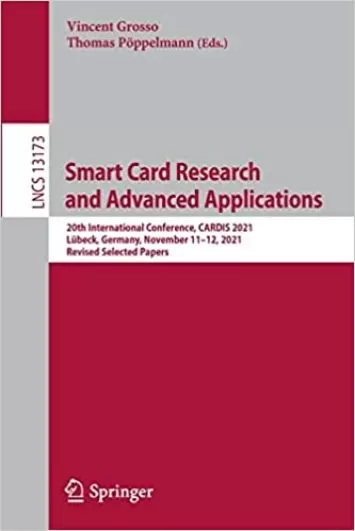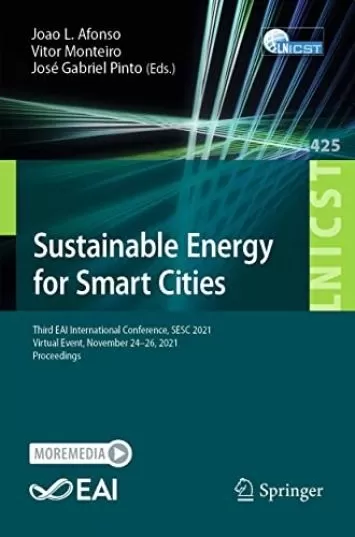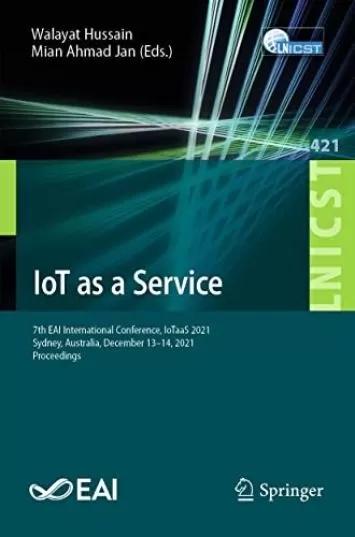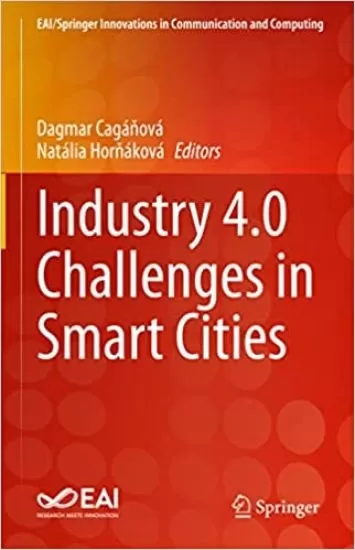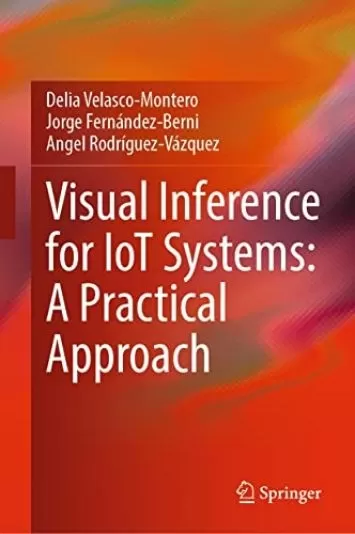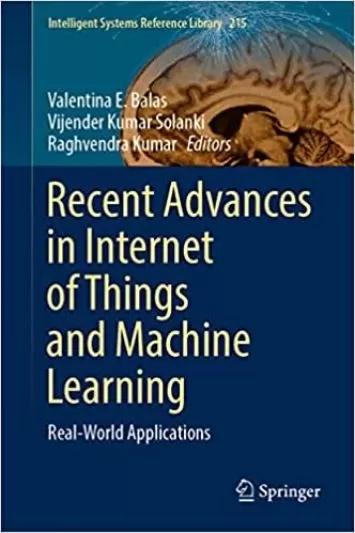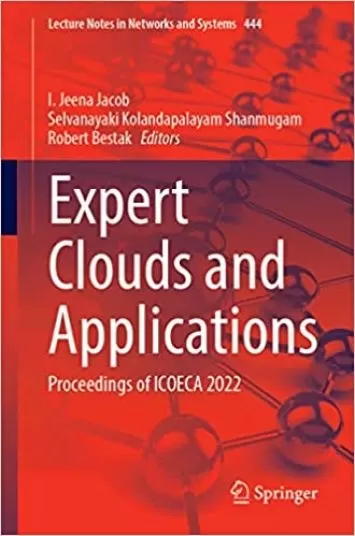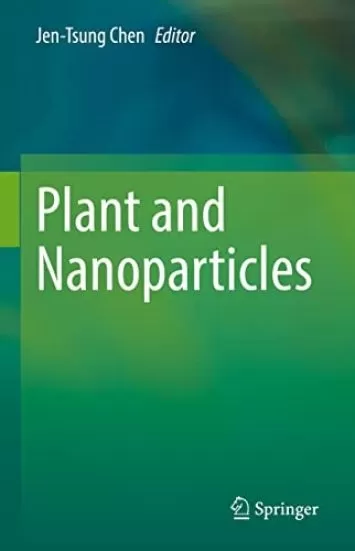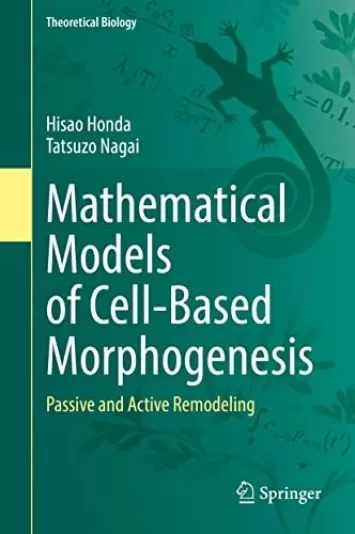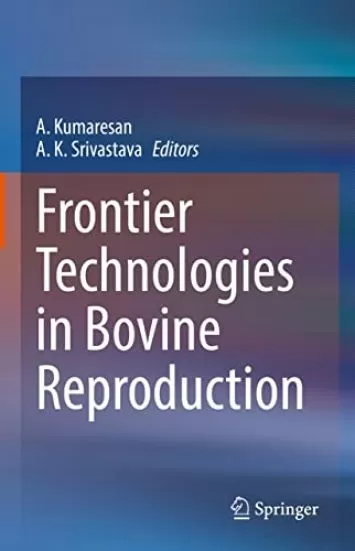
Perfect Secrecy in IoT: A Hybrid Combinatorial-Boolean Approach (Signals and Communication Technology)
Category
Author
Publication
Springer
From the Back Cover
In this book, we first present an introduction to information-theoretic cryptography as well as perfect secrecy and its real-world implementations. Then we take a systematic approach to highlight information-theoretic cryptography as a convergence point for existing trends in research on cryptography in IoT. Then we investigate combinatorial and Boolean cryptography and show how they are seen almost everywhere in the ecosystem and the life cycle of information-theoretic IoT cryptography. We finally model perfect secrecy in IoT using Boolean functions, and map the Boolean functions to simple, well-studied combinatorial designs like Latin squares.
This book is organized in two parts. The first part studies information-theoretic cryptography and the promise it holds for cryptography in IoT. The second part separately discusses combinatorial and Boolean cryptography, and then presents the hybrid combinatorial-Boolean model for perfect secrecy in IoT.
- It presents the first scheme for secret-algorithm perfectly-secure cryptography;
- It provides novel research on modeling perfect secrecy using resilient Boolean functions;
- It maps resilient Boolean functions to well-studied combinatorial constructs called Latin squares.
About the Author
Khodakhast Bibak is an Assistant Professor at the Department of Computer Science and Software Engineering at Miami University. Previously, he was a Postdoctoral Research Associate (September 2017 - August 2018) in the Coordinated Science Laboratory at the University of Illinois at Urbana-Champaign. Before this, Khodakhast was a Postdoctoral Research Fellow (May-August 2017) at the Department of Computer Science, University of Victoria, from where he also received his PhD (April 2017). He earned a Master of Mathematics degree (April 2013) at the Department of Combinatorics and Optimization, University of Waterloo, where he was also a member of the Centre for Applied Cryptographic Research (CACR). Khodakhasts research interests are Cybersecurity, Applied Cryptography, Quantum Information Science (QIS), Artificial Intelligence, and the related areas.







